
Why should this root be added to the diet of people with cardiovascular disease?
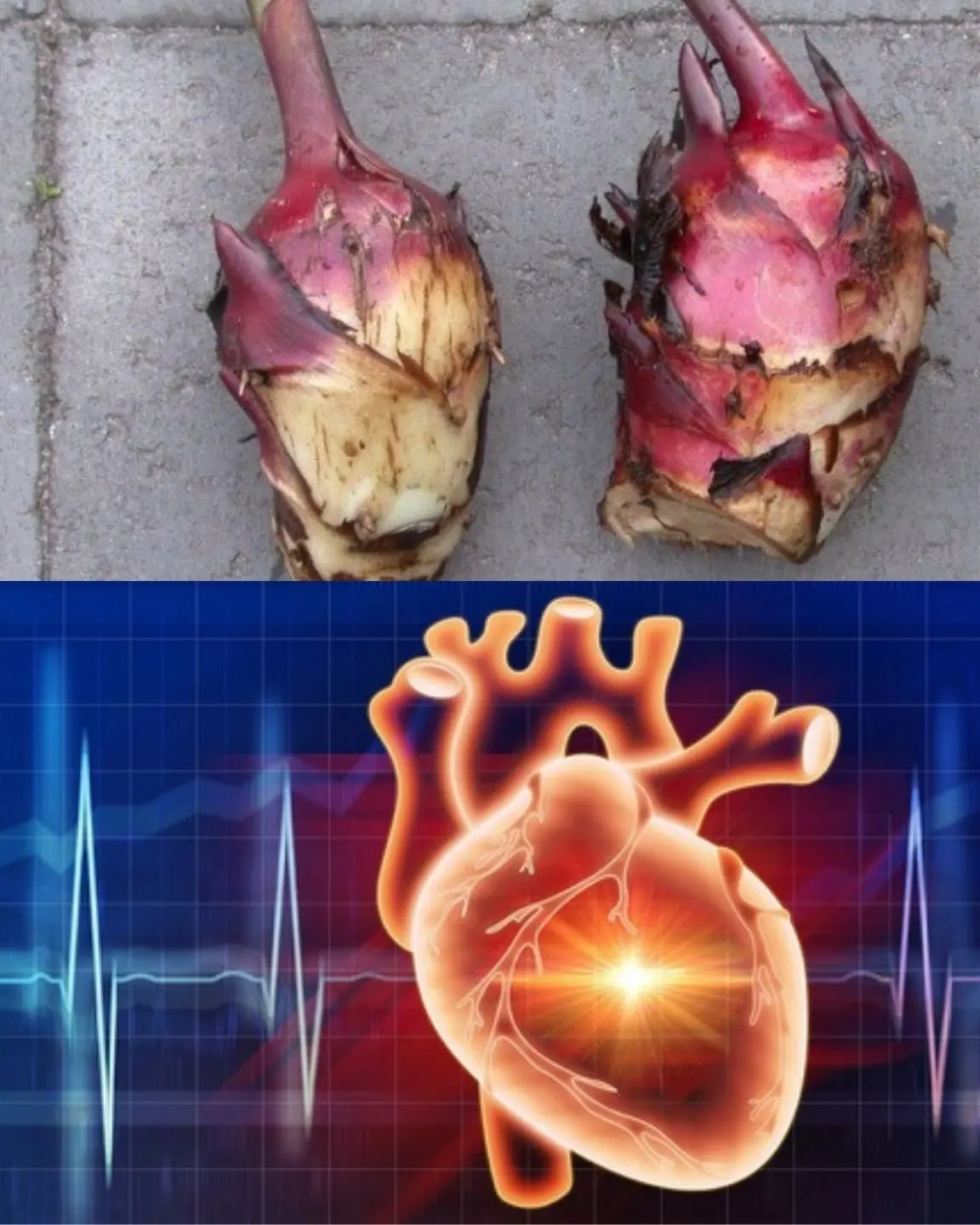
Red canna root (dong riềng đỏ) is not only a nutritious food source but is also renowned for its remarkable health benefits, especially for cardiovascular health. For this reason, experts recommend including red canna root in your daily diet.
Red canna root is a commonly used herbal plant in many Southeast Asian cultures, especially in Vietnam. This article highlights the outstanding benefits of red canna root for heart health and explains why it should be incorporated into our daily meals.
1. Antioxidant compounds in red canna root are beneficial for the heart
Red canna root contains many antioxidant compounds, particularly flavonoids and polyphenols. These compounds help combat the formation of free radicals—unstable molecules in the body that can damage cells and tissues, including the cardiovascular system.
When free radicals accumulate, they can lead to inflammation and damage to the arteries, increasing the risk of cardiovascular diseases such as atherosclerosis and coronary artery disease.
Flavonoids and polyphenols in red canna root help protect cells from this damage, slow down the aging of blood vessels, and reduce the risk of cardiovascular issues. These compounds also help reduce inflammation—a key factor in the development of many heart-related conditions.
Studies show that red canna root contains glycosides, which are highly effective in supporting heart function. On average, 1 kg of red canna contains up to 9g of heart-supporting glycosides.
Glycosides are a group of organic compounds known to enhance the contraction of heart muscles, helping the heart pump more effectively. This is particularly helpful in treating conditions like heart failure and arrhythmias.
In addition, glycosides help slow down the heart rate, regulate and stabilize irregular or rapid heart rhythms. They also improve blood circulation, reduce the risk of blood clots, and enhance overall heart function.
2. Additional cardiovascular benefits of red canna root
Another key factor in heart health is blood sugar control. People with diabetes are at higher risk for heart diseases, especially coronary artery disease.
Red canna root has a low glycemic index, meaning it helps keep blood sugar levels more stable after eating. Effective blood sugar control not only reduces cardiovascular risks for diabetics but also helps healthy individuals maintain a more stable cardiovascular system.
Furthermore, research shows that red canna root has vasodilating effects, helping blood flow more easily and reducing the heart's workload.
It also supports lowering cholesterol levels, thanks to its antioxidant components. Red canna root helps reduce levels of LDL (“bad”) cholesterol, which, when accumulated in blood vessels, can cause blockages and increase the risk of cardiovascular events like atherosclerosis and heart attacks.
Traditional Medicine Perspective
According to traditional medicine, red canna root has a cooling nature and sweet taste. It is believed to have effects such as clearing heat, promoting blood circulation, calming the liver, and soothing the mind. Many heart-related conditions—like chest pain, palpitations, and rapid heartbeat—are often linked to poor circulation and blood stagnation.
Thanks to its blood-activating properties, red canna root is thought to open up blood vessels, regulate circulation, and increase myocardial perfusion, thereby alleviating symptoms of cardiovascular diseases.
Additionally, in traditional medicine, red canna root is considered helpful in naturally regulating blood pressure.
Its cooling nature and liver-calming effects can help relax the body, reduce stress, and assist in blood pressure regulation.
For people with chronic heart diseases such as heart failure, coronary insufficiency, or arrhythmias, red canna root can be used as a long-term supportive therapy. Its calming effect on the nervous system helps reduce tension, improve blood flow, and support overall cardiovascular function.
In conclusion, red canna root is not only a nutritious food but also offers multiple benefits for heart health. From lowering cholesterol and blood pressure to providing antioxidants, regulating blood sugar, aiding in weight management, and supporting long-term heart function—it’s a powerful addition to a heart-friendly diet.
Adding red canna root to your daily meals is a simple yet effective way to maintain a healthy heart and prevent cardiovascular diseases.
Heart health is a long-term journey, and every nutritional choice we make daily contributes to the success of protecting our most vital organ.
Let me know if you’d like a shorter version, a summary, or a graphic version
News in the same category


Top Hospitals Issue Stark Warning: This Common Meat May Be “Feeding” Can.cer — Just 50 Grams a Day Raises De.ath Risk by 18%

Black Beans and Black Sesame: The Ancient Pair That “Cleans by Day, Restores by Night” — Yet Most People Use It Wrong

The Real Causes of Constant Phlegm and Mucus in Throat — And How to Get Rid of It

3 Signs Your Parent May Be Nearing the End of Life — How to Prepare for What’s Ahead

Why you keep waking up with dry mouth—and what it may be telling you

If You Keep Waking Up at 3AM, The Universe Might Be Trying to Tell You Something

These sudden purple patches on my arms won’t stop appearing, and my doctor is booked until January. What’s happening?

The Hidden Meaning Behind Thumb Rings for Women vs. Men
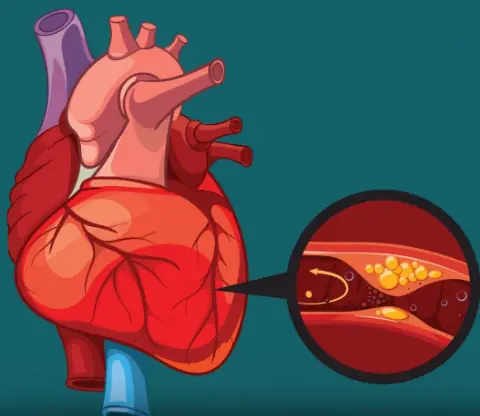
The Best Foods to Cleanse and Prevent Clogged Arteries

The Ultimate Guide to Cloves: Benefits, Uses, and How They Work

Top 10 Foods to Control Diabetes

90% of Cerebral Infarction Patients Did These 3 Things in the 3 Days Before a Stroke — Chances Are You’re Doing the Second One Right Now

🩺 If Your Kidneys Are in Danger, Your Body Will Warn You With These 8 Signs
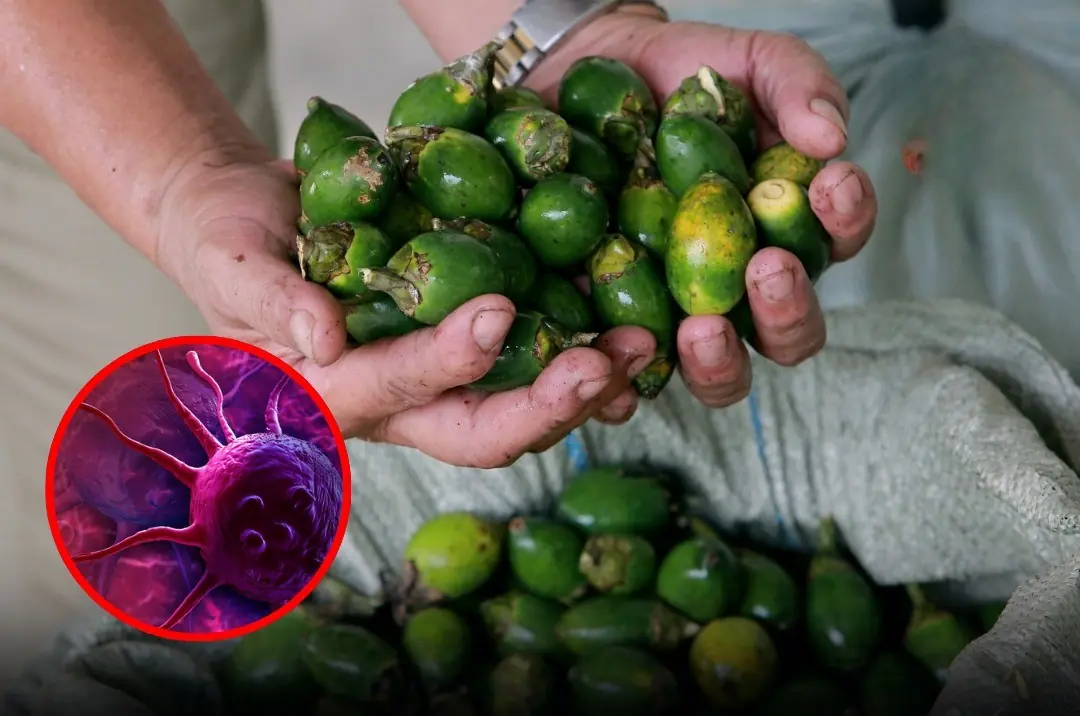
You might be eating these every day — and not know the dang:ers

Watch out – this sign could be an early warning!
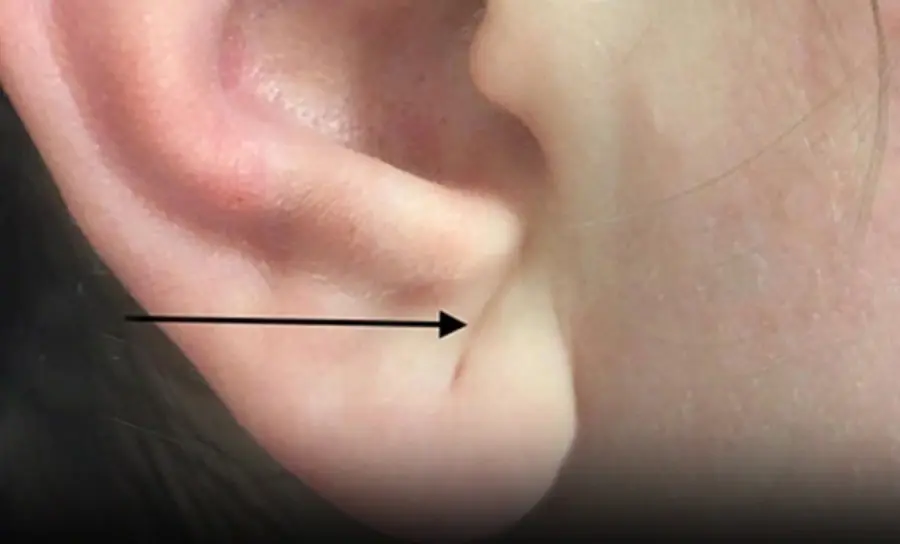
Shortness of breath, chest pain, and heart rhythm disturbances are not the only warning signs that you are in danger of heart disease.

Warning signs you may have a brain hemorrhage, don't ignore them or you'll regret it too late

If you go to sleep and encounter these 5 situations, you should be careful
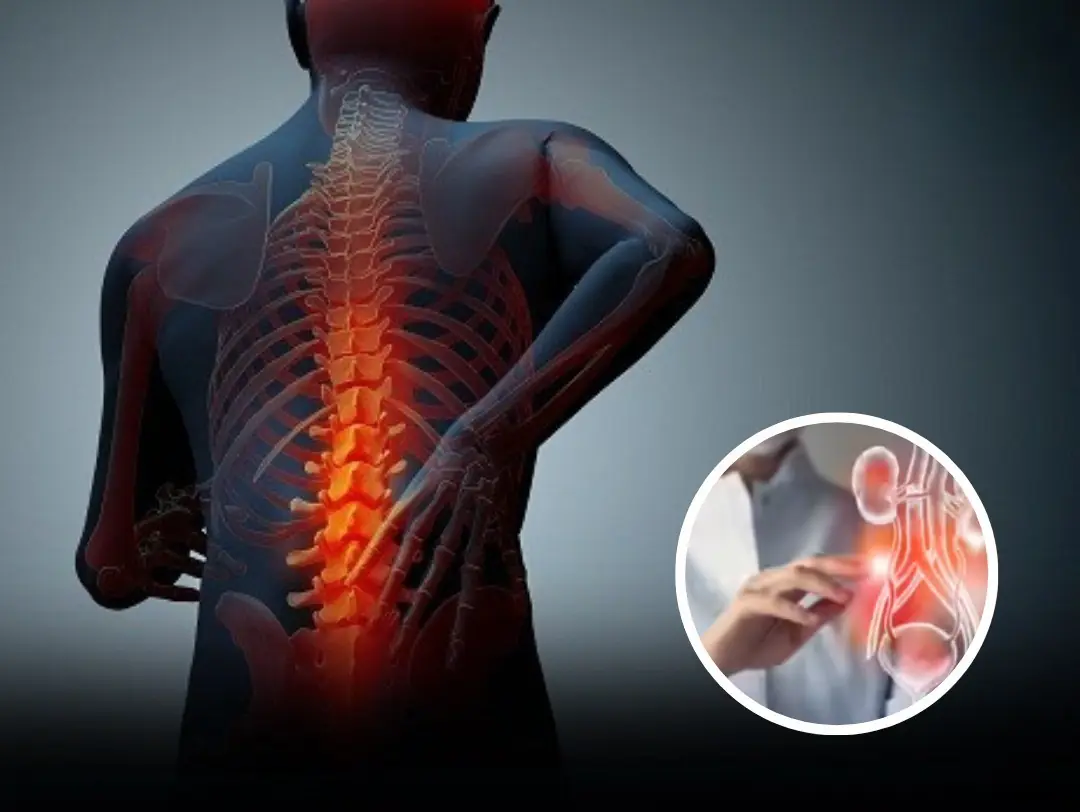
Your Body May Be Signaling Kidney Weakness—Here’s What to Look For
News Post

6 foods that silently drain calcium from the body, the more you eat, the weaker your bones become

90% of women don’t know this trick: Add this one thing to the pan and you can fry “everything” without worrying about oil splattering!

Top Hospitals Issue Stark Warning: This Common Meat May Be “Feeding” Can.cer — Just 50 Grams a Day Raises De.ath Risk by 18%

Black Beans and Black Sesame: The Ancient Pair That “Cleans by Day, Restores by Night” — Yet Most People Use It Wrong

When Buying Bananas, Just Say These 3 Words — Sellers Will Think You’re an Expert and Won’t Dare to Cheat You

The Real Causes of Constant Phlegm and Mucus in Throat — And How to Get Rid of It

3 Signs Your Parent May Be Nearing the End of Life — How to Prepare for What’s Ahead

Why you keep waking up with dry mouth—and what it may be telling you

So this is what it does, here is the answer

If You Keep Waking Up at 3AM, The Universe Might Be Trying to Tell You Something

These sudden purple patches on my arms won’t stop appearing, and my doctor is booked until January. What’s happening?

The Hidden Meaning Behind Thumb Rings for Women vs. Men

The Best Foods to Cleanse and Prevent Clogged Arteries

The Ultimate Guide to Cloves: Benefits, Uses, and How They Work

Top 10 Foods to Control Diabetes

90% of Cerebral Infarction Patients Did These 3 Things in the 3 Days Before a Stroke — Chances Are You’re Doing the Second One Right Now

PAN-SEARED WHITE FISH WITH GARLIC CHILI BUTTER

🩺 If Your Kidneys Are in Danger, Your Body Will Warn You With These 8 Signs

You might be eating these every day — and not know the dang:ers
